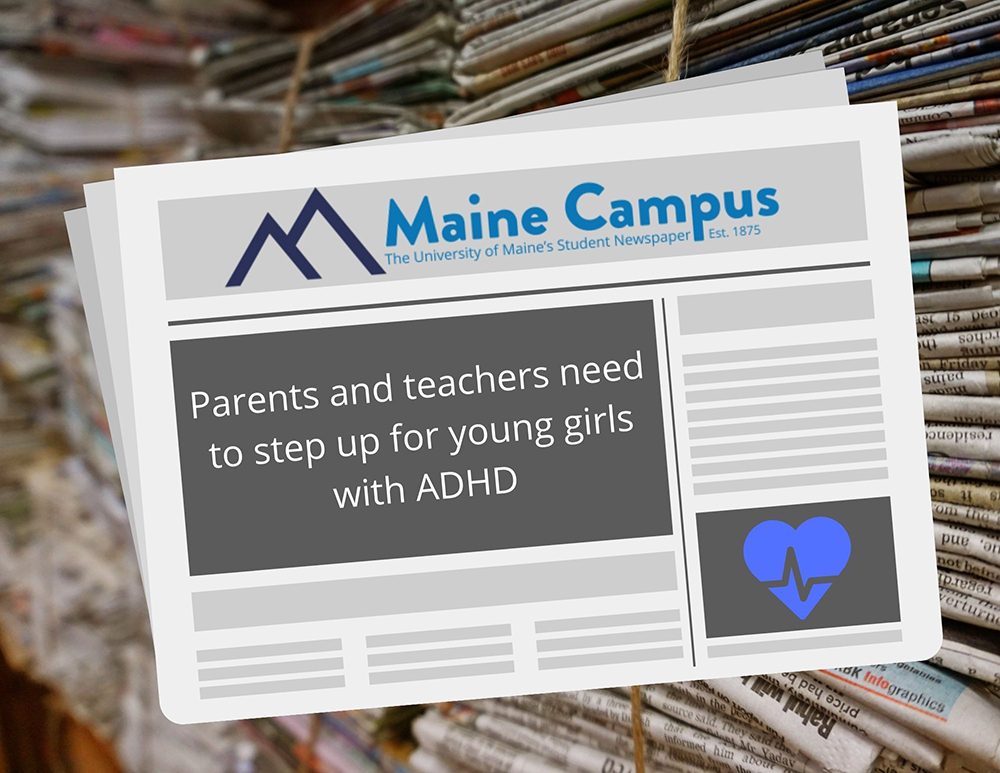Many young girls are charging headlong into stressful academic environments without knowing they have a learning or behavioral disorder such as attention-deficit hyperactivity disorder (ADHD). This lack of critical awareness of their mind’s wiring leaves many girls trudging through their academic careers convinced they’re lazy, irresponsible or too incompetent for their field.
Only a small percentage of women with ADHD get a diagnosis, and this often occurs much later in their life than men, who often are diagnosed in elementary school. Classroom settings favor children who are quiet, compliant and get along well with their peers. Young boys with the disorder often present the hyperactive subtype, which often causes friction against academic and social norms. Teachers communicate these behaviors to parents, who corroborate the teacher’s concerns with behavior they see at home. They take their child for a psychological evaluation, which results in the ADHD diagnosis.
Girls tend to present the inattentive subtype, which is not as readily noticeable to teachers and parents. A young girl daydreaming and drawing in her notebook, although unfocused, isn’t disrupting the classroom. She often presents a bubbly, sociable disposition. Most parents and teachers only look for hyperactive, disruptive behavior modeled after the stereotypical ‘male’ symptoms. They fail to recognize that when young girls struggle to complete work, focus during class or have difficulty understanding concepts, it may stem from ADHD.
Without knowing the true root of the obstacles they face, girls in this position heavily internalize their perceived faults and can become self-critical. Young women seeking medical and psychological help will often see their ADHD symptoms dismissed as ‘normal’ behaviors of ‘flighty’ girls or receive a misdiagnosis. These misdiagnoses commonly cite the existing ADHD symptoms as a mood disorder or something else that is targeted with medication, often antidepressants, long before the root cause is addressed.
Ultimately, the medical community and many adults view ADHD as not affecting women, and it’s time to challenge these outdated, harmful stereotypes. Teachers and parents should understand how the inattentive subtype manifests in young girls and not dismiss such behavioral patterns as ‘flighty’ or ‘ditzy.’ Ensuring girls receive a proper diagnosis at an early age will allow for the development of self-management strategies that will help them throughout their academic career, as well help them gain a sense of self-worth.









